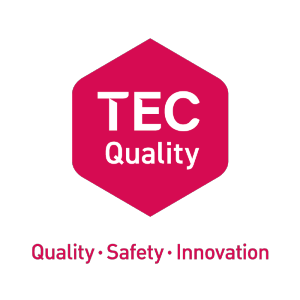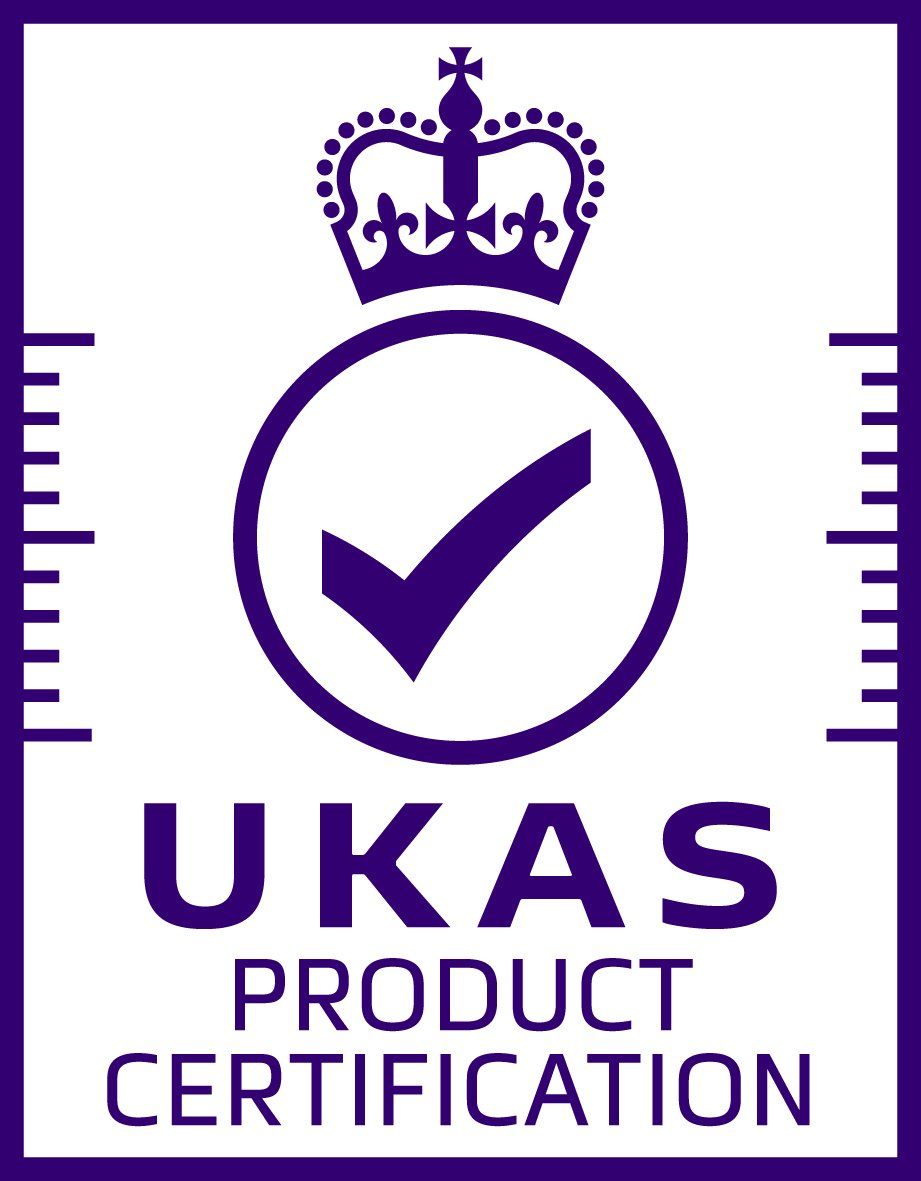The Workforce
Standards module
v3.3
A number of recently published, high-profile reports identify the importance of leadership in ensuring the delivery of high quality person-centred care. They also make the link between outcomes for users and whether organisations have the right people, with the right skills, in the right place.
Key outcomes
- There will be defined systems in place that demonstrate the lines of responsibility and accountability from the individual providing service right the way to the Board, or equivalent.
- Regular (at least annually) workforce capacity planning will address current and future staffing needs.
- Staff will be competent in providing services and will be supported throughout their employment to maintain that competence. Development of the workforce will be a continuous process.
Audit process
The Audit Process will seek robust evidence that the key outcomes have been met.
As a minimum, TEC Quality certified organisations must:
- Provide evidence that policies are in place covering safer recruitment requirements e.g. DBS, selection, references, induction etc.
- Provide evidence that staff receive role-specific training at the commencement of their employment and which is reviewed and refreshed at regular intervals thereafter. The review process shall be conducted annually as a minimum, with refresher training conducted in line with defined subject matter, or certification timelines.
- Provide evidence that job descriptions and person specifications are in place for each role.
- Demonstrate that all clinical staff have current registration with relevant UK professional and regulatory bodies.
- Demonstrate that there is a procedure/process in place for staff performance evaluation and development, which identifies training needs and skills gaps, which in turn inform training requirements. This shall be conducted at least annually.
- Provide evidence that staff are able to access timely support e. g. counselling, managerial input.
- Provide evidence that staff are supported and feel able to raise concerns.
- Have written guidelines in place which describe expectations around the professional conduct of staff.
- Have formal written procedures in place for dealing with staff disciplinary issues.
- Provide evidence that demonstrates awareness of and compliance with relevant legislation and best practice in relation to staff safety.
- Demonstrate that staffing levels are continually monitored to make sure they are able to meet people’s needs (during business as usual, extraordinary situations and periods of planned growth).
- Conduct Lone Worker Risk assessments and have put in place protection suitable to the role.
- Have processes in place for the management of Home Workers. This shall include, but is not limited to, work risk assessment, security assessments, lone worker safety, supervision, training and performance monitoring etc.
Evidence might include
- Documented governance arrangements eg Organogram, Board minutes etc
- Recruitment, Retention and Selection Policy
- Induction Policy
- DBS Policy
- Whistleblowing Policy
- Annual Training Plan
- Staff training records
- Workforce Strategy
- Workforce Capacity Plan
- Equality and Diversity Policy
- Code of Conduct for Working with Service Users
- Safeguarding Adults Policy
- Safeguarding Children Policy
- Lone Working Policy
- Historical Rota Patterns
“Technology Enabled Care Services (TECS) have a key role to play in maintaining independence and protecting people from harm. They should complement traditional support and not replace human contact. It is essential that services should be tailored to the individual and that when considering appropriate telecare/telehealth, the risks of the person coming to harm should be balanced against their right to autonomy.”
Madeleine Starr, MBE, Carers UK
Interested in QSF? We’re here to help!


